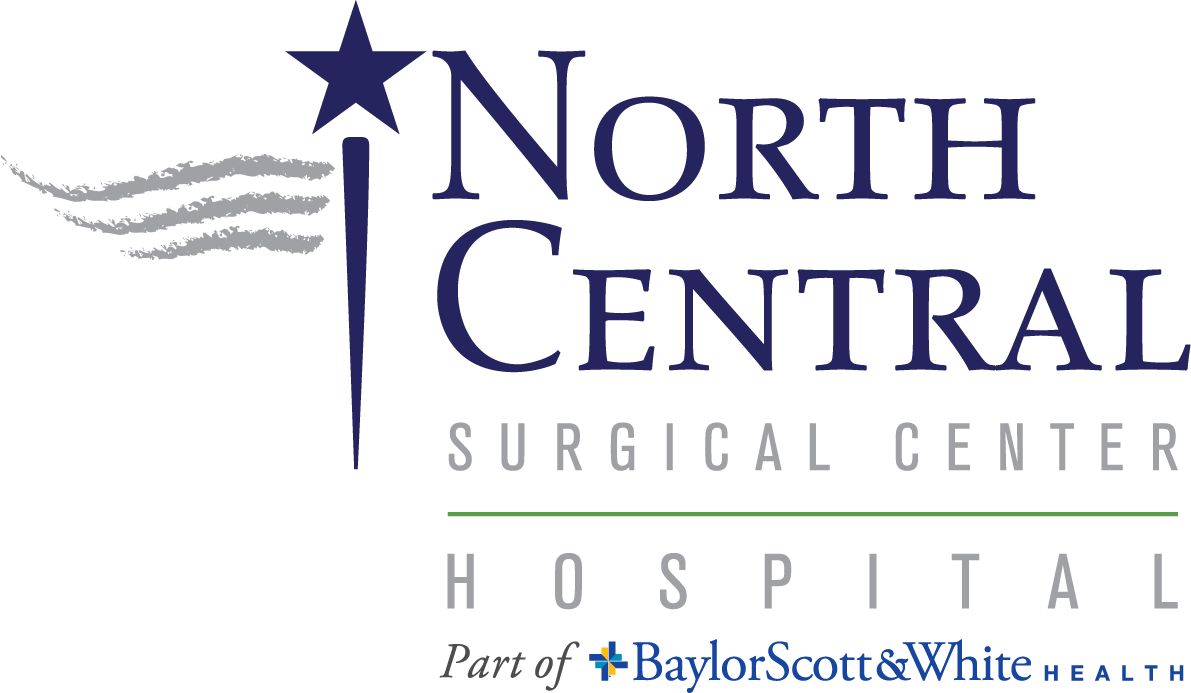Crohn’s disease is a chronic inflammatory condition that affects the digestive tract, causing symptoms like abdominal pain, diarrhea, fatigue, and weight loss. While living with Crohn’s can be challenging, advancements in diagnosis and treatment options have empowered patients to manage their symptoms effectively and lead healthier, more fulfilling lives.
Understanding Crohn’s Disease
Crohn’s disease is one of the primary inflammatory bowel diseases (IBD), involving inflammation of the lining of the digestive tract. It can impact any part of the gastrointestinal (GI) tract from mouth to anus, though it most commonly affects the end of the small intestine and the beginning of the colon. The exact cause remains unknown, but it is believed to involve a combination of genetic, environmental, and immune factors.
Managing Symptoms
Effective management of Crohn’s disease involves a multifaceted approach, including medication, lifestyle modifications, and sometimes surgical intervention. Some common strategies include:
- Medications: Anti-inflammatory drugs, immune suppressors, antibiotics, and biological therapies can help control inflammation and reduce flare-ups.
- Diet and Nutrition: Working with a dietitian to identify trigger foods and maintain a balanced diet can reduce symptoms and improve overall health.
- Stress Management: Stress can exacerbate symptoms; techniques such as mindfulness, yoga, and counseling may provide relief.
- Regular Monitoring: Routine check-ups and testing allow healthcare providers to adjust treatment plans proactively and address complications early.
Improving Quality of Life With Chron’s Disease
Living with Crohn’s disease requires ongoing management and support. Patients often benefit from connecting with a healthcare team experienced in gastroenterology. At North Central Surgical Center Hospital, our dedicated gastroenterologists collaborate with patients to develop personalized treatment plans that aim to control symptoms, prevent complications, and enhance daily living.
In some cases, surgery may be necessary to remove damaged sections of the intestines or to address persistent complications. Modern techniques and minimally invasive procedures provide effective options with quicker recovery times.
Seek Support and Medical Advice
If you experience persistent digestive symptoms or have concerns about Crohn’s disease, it is essential to consult with a healthcare professional. Early diagnosis and tailored treatment plans can significantly improve your quality of life.
At North Central Surgical Center Hospital, our experienced gastroenterologists are committed to providing comprehensive care for patients with Crohn’s disease and other digestive disorders. If you have questions or suspect you may have Crohn’s, contact a physician today to schedule a consultation.
Sources:
- Crohn’s & Colitis Foundation. “Crohn’s Disease Overview.” [www.crohnscolitisfoundation.org](https://www.crohnscolitisfoundation.org)
- National Institute of Diabetes and Digestive and Kidney Diseases (NIDDK). “Crohn’s Disease.” [www.niddk.nih.gov](https://www.niddk.nih.gov)
- Mayo Clinic. “Crohn’s Disease.” [www.mayoclinic.org](https://www.mayoclinic.org)

